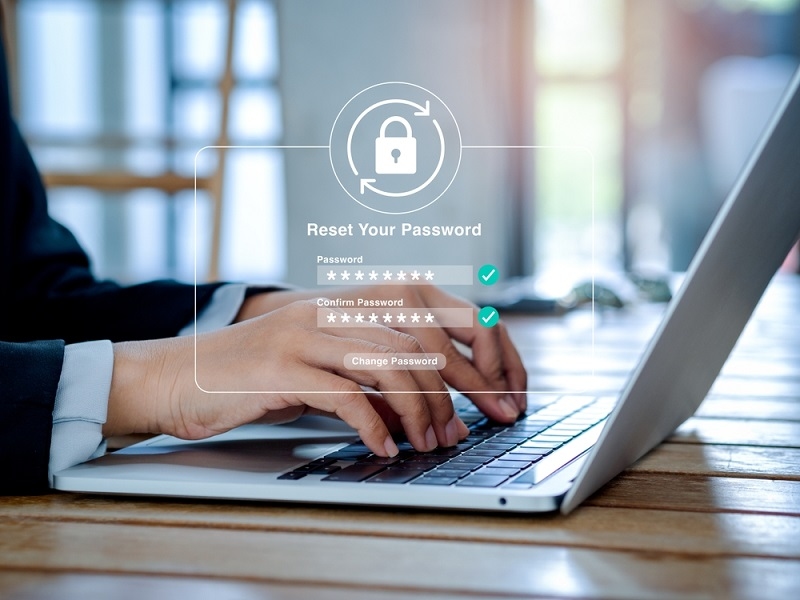
Be honest — how many passwords do you actually remember off the top of your head? Not the easy ones you’ve reused everywhere (don’t do that), but the strong, unique, “recommended by security experts” ones. If your answer is “not many,” you’re in the same boat as almost everyone else.
We live in a world where every app, every store, every random service you sign up for wants an account. And every one of them warns: “Choose a unique password you haven’t used before.” Right. Sure. Let me just keep all 137 of those in my head.
That’s where a password manager comes in — a tool designed to create, store, and auto-fill strong passwords so you don’t have to. But with so many out there, how do you pick the best password manager for your needs? That’s what we’re about to unpack.
Before we crown a winner, let’s answer what is the password manager for anyone still fuzzy on the details. Think of it like a secure, encrypted vault that stores all your login credentials — usernames, passwords, sometimes even notes or sensitive documents.
You remember one master password (ideally a long, complex one you don’t use anywhere else), and the manager does the rest. It can:
In short: it’s your online security bodyguard that also saves you time.
It’s tempting to think you’re fine because you “only” have a few important accounts. But the truth is, hackers don’t care if you’re running a billion-dollar company or just buying socks online. If they can crack one of your reused passwords, they can try it on every other account you own.
Password managers fix the two biggest problems most people have:
They make it easy to have a unique, strong password for every single login without you turning into a walking memory card.
When you start shopping around for the best password manager software, it’s easy to get distracted by flashy extras. But focus on these essentials:
Extras like secure file storage, 2FA (two-factor authentication) support, or family plans are nice, but security and usability are the must-haves.
You don’t have to spend money to get solid protection. The best free password manager options give you the basics without charging a cent:
Bitwarden’s free plan is often recommended because it offers encrypted storage, device syncing, and open-source transparency. It’s a great entry point for anyone testing the waters.
Free plans are fine for casual users, but if you have dozens of logins, multiple devices, or want premium features like advanced breach monitoring or secure sharing, a paid plan is usually worth it.
When you consider that the cost of a password manager is less than a couple of coffees per month, it’s a cheap form of insurance for your online life.
On a Related Note: Best Cloud Storage for Backup and File Sharing in 2025
If you’re after something easy to set up, cloud-synced, and works everywhere, look for the best online password manager that fits your habits.
Cloud-based managers like 1Password, Dashlane, or LastPass (despite its rocky security history) are popular because you can log in from anywhere with your master password and 2FA. Just remember: with great convenience comes great responsibility — keep that master password safe.
Comparing Top Contenders
Let’s size up a few favorites for the best password manager 2025:
If you want open-source transparency, Bitwarden’s hard to beat. If you value a slick user experience with extras, 1Password or Dashlane might win.

Your choice will come down to:
Here’s the thing: after a few weeks with a password manager, you’ll wonder how you lived without it. Logging in becomes instant. You stop recycling passwords. You get alerts when a site you use is breached — and you can change that password in seconds.
Yes, password managers are a single point of failure if you’re careless. That’s why you:
Recommended Article: Grow Your Brand Nationally with Simple Social Media Branding
If you just want the bottom line:
Whatever you choose, the important part is to start. The best password manager is the one you’ll actually use, because unused security is no security at all.
This content was created by AI